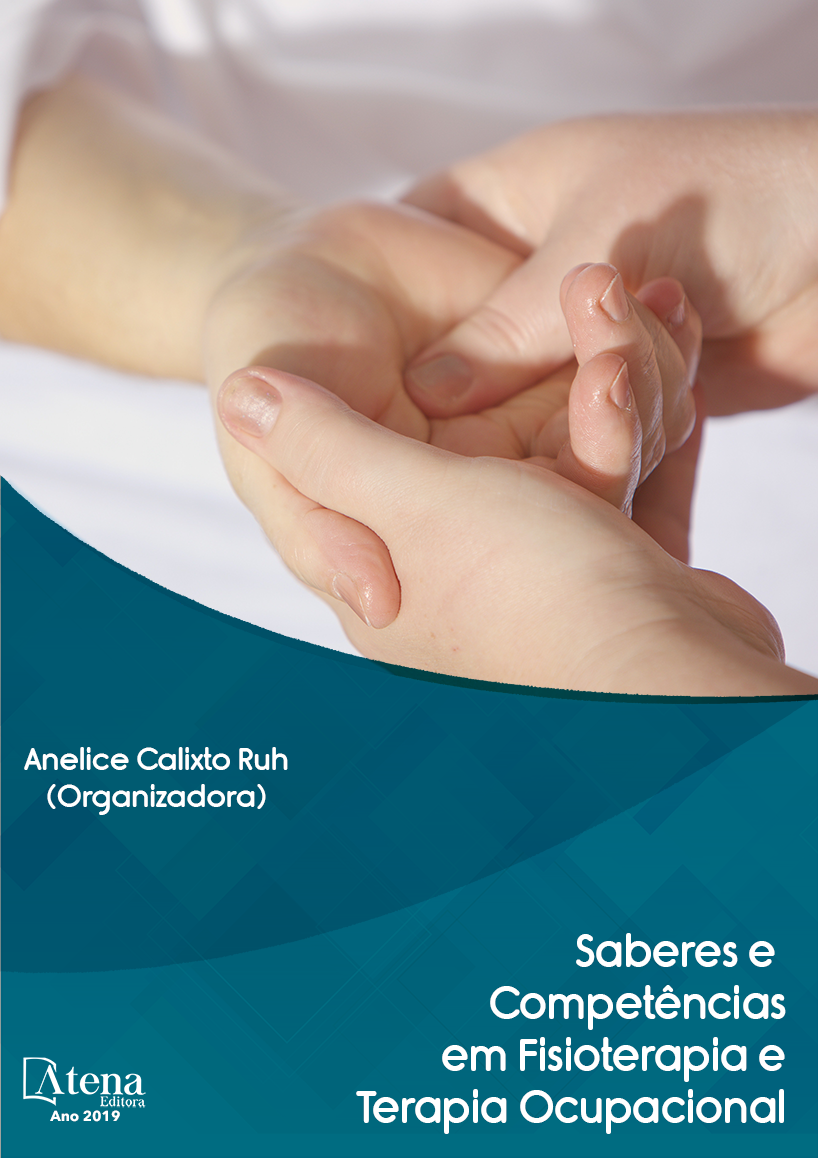
PREVALÊNCIA DE INCONTINÊNCIA URINÁRIA EM CORREDORAS
Introdução: A corrida tornou-se uma
das modalidades mais populares no mundo
e é crescente a participação feminina neste
esporte. Entretanto, mesmo com os vários
benefícios comprovados na qualidade de vida
da mulher, a corrida é considerada um exercício
de alto impacto, podendo ser um fator de risco
para o desenvolvimento de incontinência
urinária. Estudos demonstram que em esportes
de alto impacto, a prevalência de incontinência
urinária pode atingir até 88,9% das atletas, em
corredoras a prevalência é de 62,2%. O objetivo
do presente estudo é caracterizar a população
de mulheres corredoras incontinentes.
Métodos: Foi utilizado um questionário anônimo
autoaplicável estruturado pelas próprias
pesquisadoras. Mulheres corredoras de rua
da cidade de Uberlândia foram convidadas
a responder o questionário, com questões
relacionados às características pessoais,
corrida, sintomas urinários e antecedentes
obstétricos. Resultados: Foram incluídas 144
mulheres corredoras neste estudo. A média de
idade das corredoras foi de 38,41(9,32) anos, a
prevalência de perda urinária foi de 28,5%. Foi
encontrada associação entre o tempo de prática
de corrida e a severidade da perda urinária,
sugerindo que mulheres que perdem mais
urina praticam corrida a mais tempo. Ainda,
os resultados apontam que existe associação
entre a quilometragem semanal e perda
urinária, sugerindo que mulheres que perdem
urina percorrem maior quilometragem semanal.
Conclusões: A prevalência da perda urinária
na corrida é significante, e frente ao impacto
negativo dessa disfunção na qualidade de vida
das mulheres, é imprescindível que protocolos
específicos para tratamento das disfunções
dos músculos do assoalho pélvico de mulheres
atletas sejam criados.
PREVALÊNCIA DE INCONTINÊNCIA URINÁRIA EM CORREDORAS
-
DOI: 10.22533/at.ed.7021910077
-
Palavras-chave: corrida, incontinência urinária, assoalho pélvico, prevalência.
-
Keywords: running, urinary incontinence, pelvic floor, prevalence.
-
Abstract:
Introduction: The running has become one of the most popular modalities
in the world and there is increasing female participation in this sport. However, even with
the various proven benefits of a woman’s quality of life, running is considered a highimpact
exercise and may be a risk factor for the development of urinary incontinence.
Studies have shown that in high impact sports, especially those involving landing, the
prevalence of urinary incontinence is 88.9% among gymnastic and trampoline athletes,
in runners the prevalence is 62.2%. The objective of the present study is to characterize
the population of incontinent women during running practice. Methods: An anonymous
self-administered questionnaire structured by the researchers was used. Street women
runners from the city of Uberlândia were invited to answer the questionnaire, with
questions related to personal characteristics, running, urinary symptoms and obstetric
history. Results: 144 female runners were included in this study. The average age of the
runners was 38.41 (9.32) years, the prevalence of urinary leakage during the running
was 28,5%. An association was found between running practice time and severity of
urinary leakage, suggesting that women who lose more urine practice running longer.
Furthermore, the results showed that there is an association between weekly mileage
and urinary leakage, suggesting that women who lose urine go through higher weekly
mileage. Conclusions: The prevalence of urinary leakage during exercise is significant,
and in view of the negative impact of this dysfunction on the quality of life of women, it
is essential that specific protocols for the treatment of pelvic floor dysfunction in female
athletes be created.
-
Número de páginas: 15
- Vanessa Santos Pereira Baldon
- Ana Paula Magalhães Resende
- Rafaela de Melo Silva


